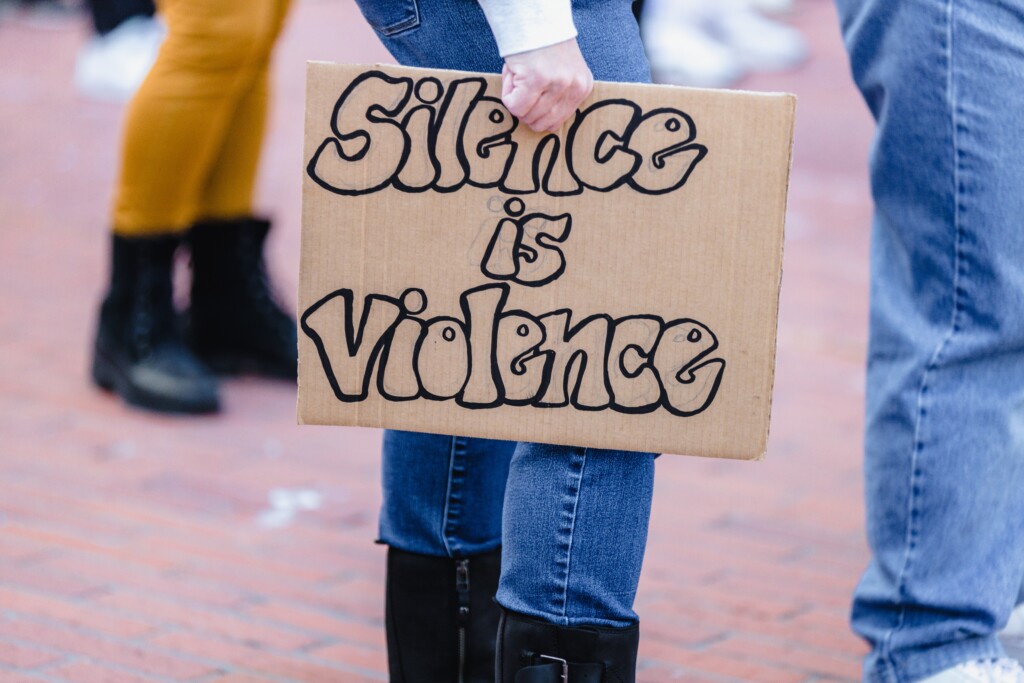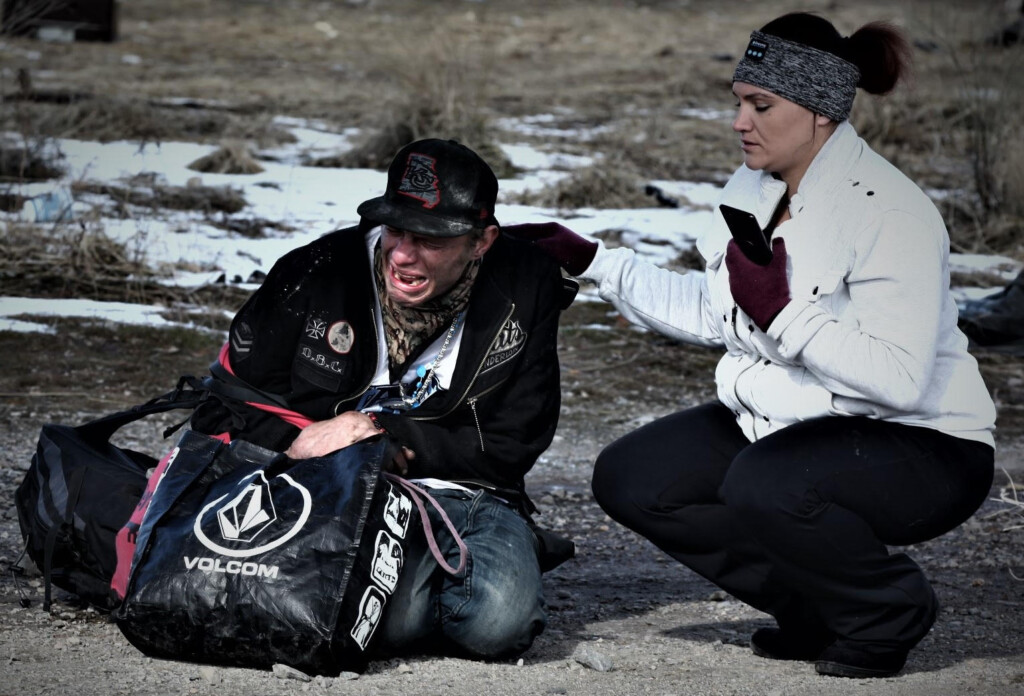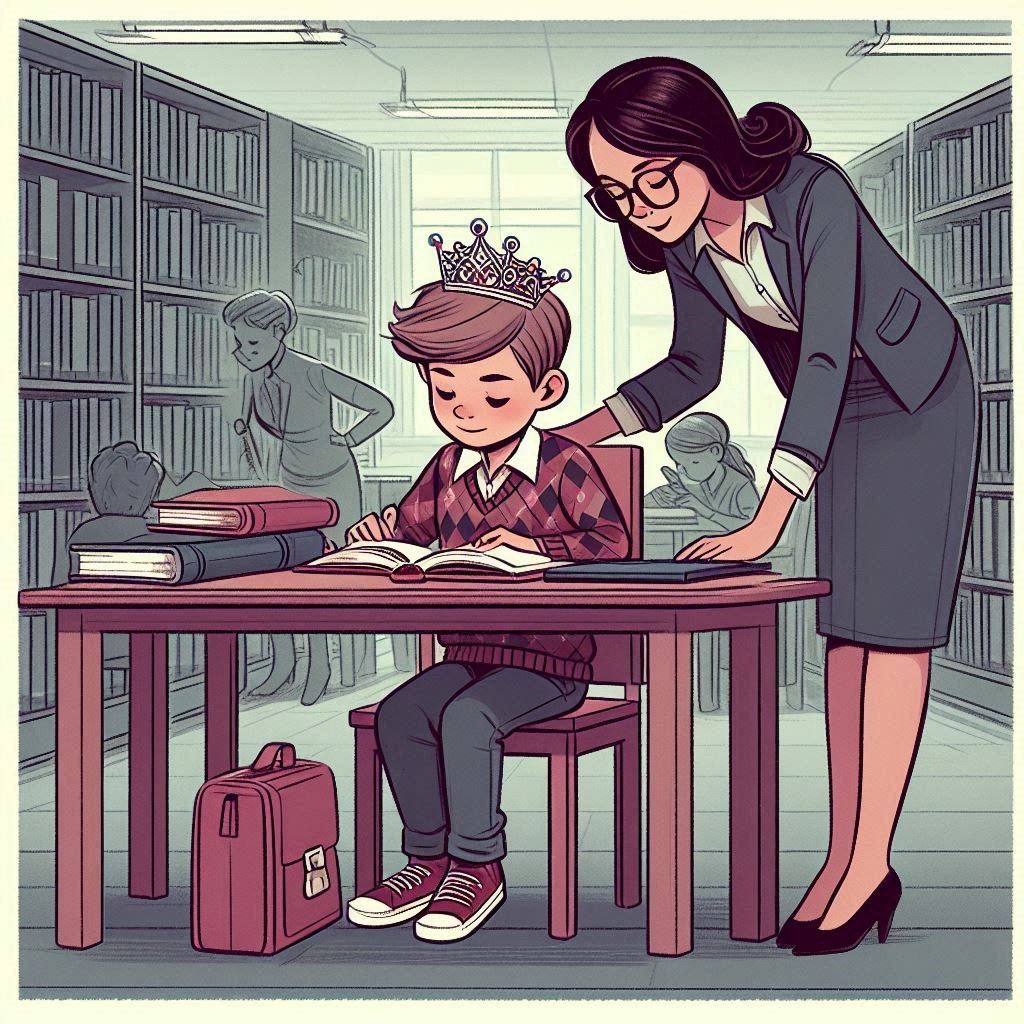Domestic violence is extremely prevalent in Utah, with 1 in 3 Utah women and 1 in 4 Utah men experiencing domestic violence. Josie White, the Development Director of South Valley Services, joined the Utah Stories podcast to discuss Utah’s domestic violence problem.
In Utah, there have been more domestic violence homicides in the first six months of this year than the first six months of the last five years.
“So, if anything, it’s getting worse,” White said. Domestic violence is about power and control and in situations where there’s been compounding stress such as the global pandemic as well as the recession looming it can worsen situations of domestic violence.
Part of domestic violence is economic abuse. “Domestic violence makes up one of the largest sub sections of Utah’s homeless,” White said.
Unfortunately, victims of domestic violence often face the choice between the streets and staying with their abuser. South Valley Services is trying to protect victims from that decision entirely by providing shelter services. A domestic violence shelter is a temporary home where you and your family members can be safe, and every shelter is different.
South Valley Services offers 13 rooms and 57 beds. Each family is provided with a private bedroom and bathroom. In addition, there are communal areas such as the living room, laundry room, kitchen, and playground. An important factor is that the location of the shelter is kept confidential for the protection of residents and staff.
“About 98% of our clients who reach out for service have or are experiencing economic abuse,” White explained.
South Valley Services is the only domestic violence service provider in Salt Lake County that does serve men.
When discussing men experiencing domestic violence, “There is such a stigma about reaching out, and getting the message out there that services are available is really important. Male survivors are a really overlooked group.”
Children too often experience the effects of domestic violence in their home. South Valley Services (SVS) has a Children’s Learning Center in their shelter so they can receive the same services as the parent. Therapy and therapeutic support groups, for example. SVS works with parents and children so they can both live violence-free lives.
“About 50% of our population is children at any given point,” White said.
Warning signs of domestic violence may include startling, uncharacteristic changes in personality, wardrobe, excessive apologizing, and sudden withdrawal from family events and friend functions.
“Abuse is tricky because sometimes you might ask somebody who is experiencing domestic violence, and they will outright deny it and they will say ‘No, that is not what I’m going through,’” White said. Find all the resources for SVS on their website. Please call 801-255-1095 or 801-870-5018 if you need help now.






